Loans
Find out which SBA-guaranteed loan program is best for your business, then use Lender Match to be matched to lenders.
How SBA helps small businesses get loans
The U.S. Small Business Administration (SBA) helps small businesses get funding by setting guidelines for loans and reducing lender risk. These SBA-backed loans make it easier for small businesses to get the funding they need.
To get an SBA-backed loan:
- Read on to see the kinds of loans available
- Enter basic information about what you’re looking for on Lender Match
- Create an account to start talking to interested lenders
- Lenders will approve and help you manage your loan
SBA only makes direct loans in the case of businesses and homeowners recovering from a declared disaster. Already have an SBA loan? Find out how to make a payment.
SBA partners with lenders to help increase small business access to loans

Loans for borrowers
-
7(a) loans
 SBA's primary program for providing long-term financing for a variety of purposes. 7(a) loans are delivered by SBA 7(a) lenders.
SBA's primary program for providing long-term financing for a variety of purposes. 7(a) loans are delivered by SBA 7(a) lenders. -
504 loans
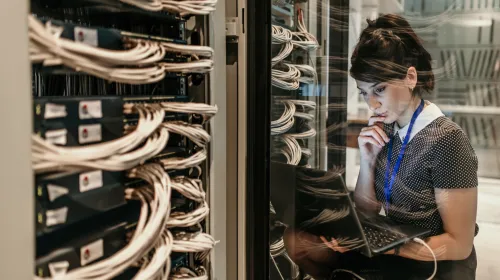 Long-term, fixed-rate financing available through mission-oriented, community-based SBA Certified Development Companies.
Long-term, fixed-rate financing available through mission-oriented, community-based SBA Certified Development Companies. -
Microloans
 Loans of $50,000 or less to help businesses and certain non-profit childcare centers. Microloans are provided by intermediary lenders.
Loans of $50,000 or less to help businesses and certain non-profit childcare centers. Microloans are provided by intermediary lenders.
Benefits of SBA-guaranteed loans
- Competitive terms: SBA-guaranteed loans generally have rates and fees that are comparable to non-guaranteed loans.
- Counseling and education: Some loans come with continued support to help you start and run your business.
- Unique benefits: Lower down payments, flexible overhead requirements, and no collateral needed for some loans.
Get $500 to $5.5 million to fund your business
Loans guaranteed by SBA range from small to large and can be used for most business purposes, including long-term fixed assets and operating capital. Some loan programs set restrictions on how you can use the funds, so check with an SBA-approved lender when requesting a loan. Your lender can match you with the right loan for your business needs.
-
Working capital
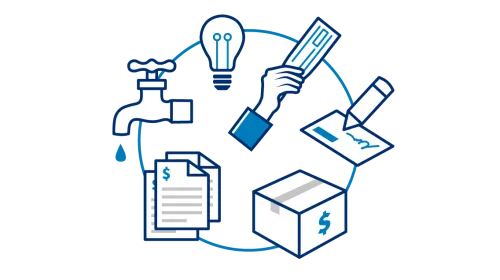 Like seasonal financing, export loans, revolving credit, and refinanced business debt.
Like seasonal financing, export loans, revolving credit, and refinanced business debt. -
Fixed assets
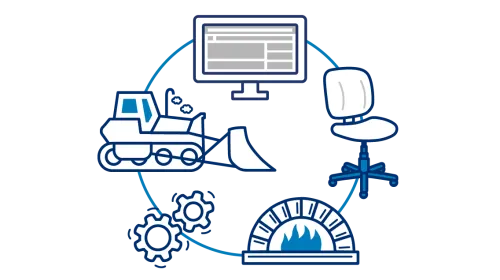 Like furniture, real estate, machinery, equipment, construction, and remodeling.
Like furniture, real estate, machinery, equipment, construction, and remodeling.
Eligibility requirements
Lenders and loan programs have unique eligibility requirements. In general, eligibility is based on what a business does to receive its income, the character of its ownership, and where the business operates. Normally, businesses must meet SBA size standards, be able to repay, and have a sound business purpose. Even those with bad credit may qualify for startup funding. The lender will provide you with a full list of eligibility requirements for your loan.
-
Be a for-profit business
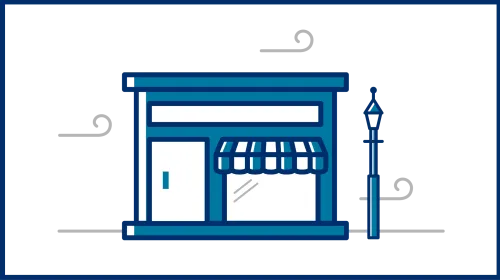 The business is officially registered and operates legally.
The business is officially registered and operates legally. -
Do business in the U.S.
 The business is physically located and operates in the United States or its territories.
The business is physically located and operates in the United States or its territories. -
Be creditworthy
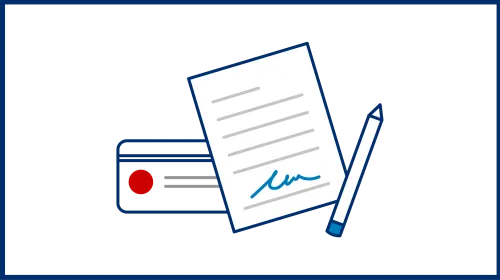 The business's credit must be sound enough to assure loan repayment.
The business's credit must be sound enough to assure loan repayment. -
Exhaust financing options
 The requested loan is unavailable on reasonable terms from non-government sources.
The requested loan is unavailable on reasonable terms from non-government sources.
Stay safe
Protect yourself from predatory lenders by looking for warning signs. Some lenders impose unfair and abusive terms on borrowers through deception and coercion. Watch out for interest rates that are significantly higher than competitors’ rates, or fees that are more than 5% of the loan value. Make sure the lender discloses the annual percentage rate and full payment schedule. A lender should never ask you to lie on paperwork or leave signature boxes blank. Don’t get pressured into taking a loan. Survey competing offers and consider speaking with a financial planner, accountant, or attorney before signing for your next loan.
Loans for exporters
Most U.S. banks view loans for exporters as risky. This can make it harder for you to get loans for things like day-to-day operations, advance orders with suppliers, and debt refinancing. That’s why SBA created programs to make it easier for U.S. small businesses to get export loans.
To learn how SBA can help you get an export loan, contact your local SBA Export Finance Manager or SBA's Office of International Trade.

